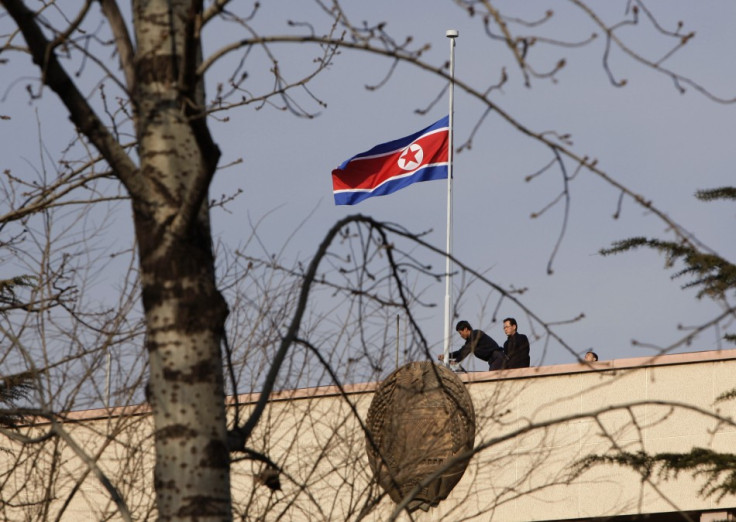Kim Jong-il: Can South Korea Survive Supreme Leader's Death?

With the death of North Korean leader Kim Jong-il and the South Korean government confirming it is prepared to intervene in the financial markets if necessary, analysts have come to question whether South Korea's already faltering economy could cope with the economic pressure of a united Korea.
According to the North Korea government-owned news outlets, the Supreme Leader died on Saturday of heart failure at the age of 69. The country's media has indicated that his son Kim Jong-un will take over from his father by referring to him as the "Great Successor".
Concerns regarding the stability of South Korea emerged after the country confirmed it was prepared to intervene to manage the fallout of Kim Jong-il's death on the markets.
Speaking to Bloomberg the country's central bank said it would "closely monitor" the markets and intervene when necessary. The comments were mirrored by the finance minister Bahk Jae-wan during an emergency meeting in Seoul.
Analysts and investors have asked whether South Korea has the ability to fund unification. Speculation about a united Korea arose again after numerous political commentators highlighted the increased likelihood of a political coup or a change of economic policy, suggesting that were such an event to occur South Korea may once again move for unification.
Though commentators were positive about the political implications of unification, seeing it as a means to peacefully resolve North Korea's nuclear threat, they were less optimistic about its effects on the South Korean and global economy.
The Royal Bank of Scotland (RBS) said: "Managed association between the two Koreas would be preferable to immediate unification."
The bank went on to outline the already unstable state of the South Korean economy as a key reason the country could not survive a "big-bang unification" similar to that of East and West Germany.
"A big-bang unification comparable to the German model is not an option for Korea," it said in RBS analyst Eric Lueth's report. "German reunification is estimated to have cost between US$600 billion and US$1 trillion over 10 years, equivalent to 30-50 percent of West German GDP. However, the price tag would be significantly larger in the case of Korea, in effect ruling out this option altogether."
The cost of fixing North Korea's "human capital" - the financial worth and competencies of a country's workforce - was listed as a key concern by Lueth. RBS suggested that even with the most optimistic forecasts, the levels of investment and aid costs required to fix the core problem would be too high to make it a valid economic option. Knowing the accuracy of this claim is difficult given that North Korea refuses to release statistics on the state of its economy or citizenry.
Despite the lack of official information, the bank's scepticism was mirrored in the global markets, which saw the won sink 1.6 percent to 1,177 per dollar at 1:48 p.m local time. Worse still for South Korea, Lueth went on to forecast that "some" institutions would reduce their investment in South Korea in the coming weeks over concerns of market volatility.
© Copyright IBTimes 2024. All rights reserved.






